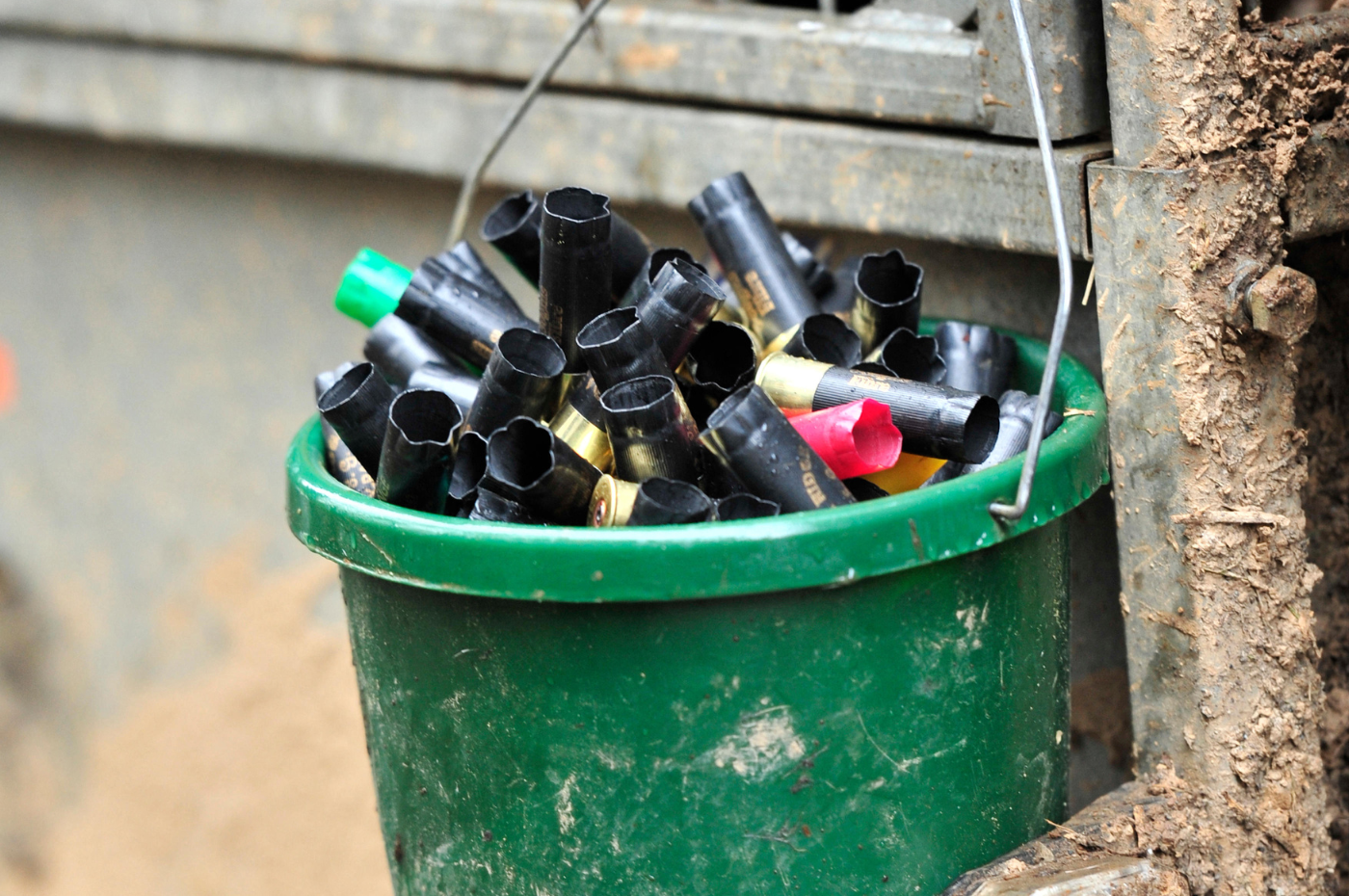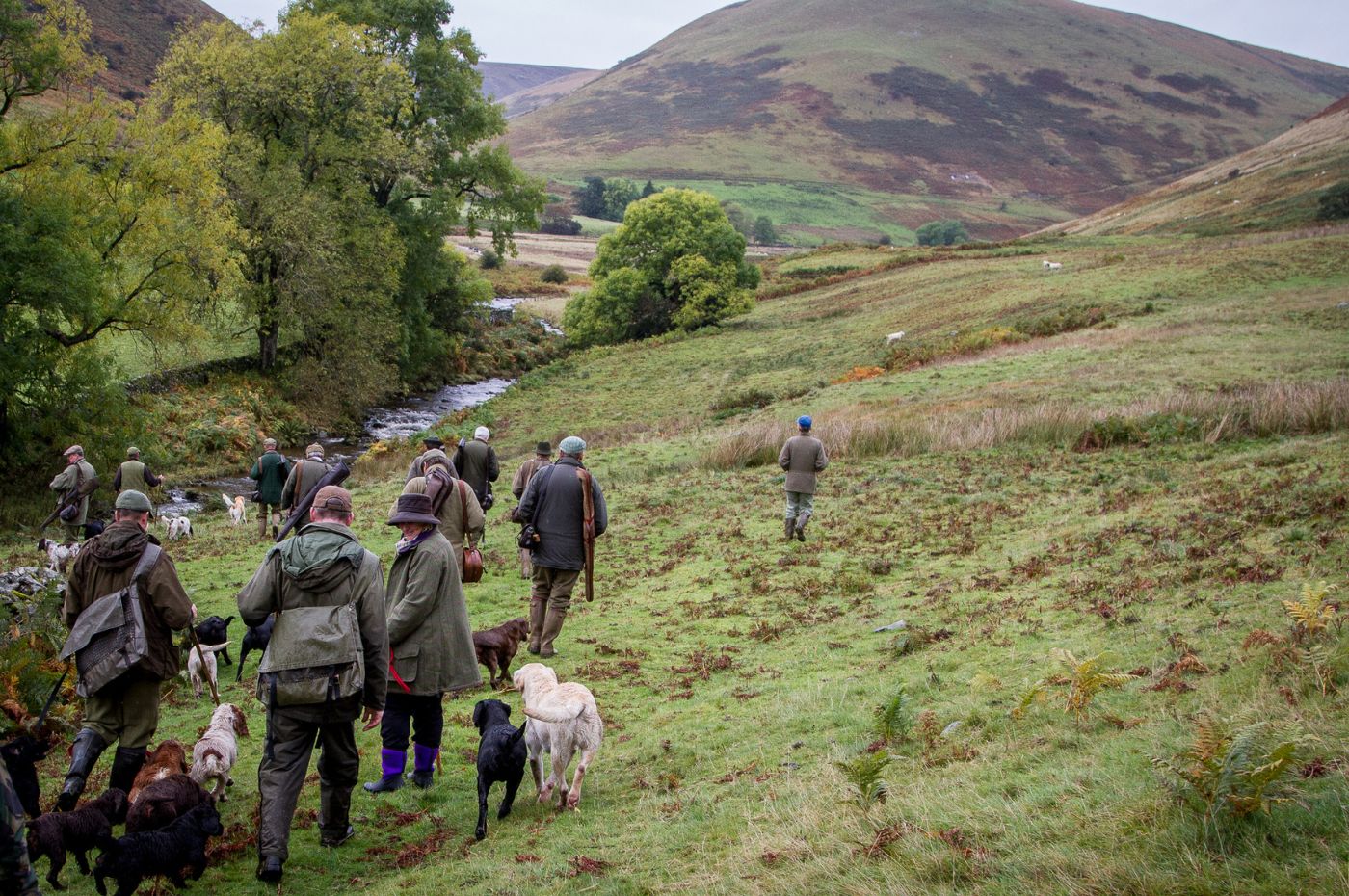Tim Bonner: Lead ban fixed for 1 April 2029
After a very long and complicated process we finally have a date for the ban on...
View Details
Farmers were understandably nervous about the announcement of a UK-US trade deal. First there was the fear that the UK market would be opened up to goods produced to lower standards than in the UK, such as the US’s notorious chlorine washed chickens and hormone-injected beef. Secondly, the government had already shown itself ready to sacrifice farmers on the altar of economic recovery through changes to inheritance tax and the closure of agri-environmental schemes. Would Ministers, desperate to get a deal across the line, hold out for British farmers?
In the event it seems that the deal could have been much worse. The US will have access to the UK beef market through a quota of 13,000 tonnes of beef, which crucially must be hormone free. Meanwhile, UK farmers will be able to export a similar amount of beef to the US. The news for the arable sector, which is already struggling with low prices and a prolonged spring drought, is less good. Opening up the UK market to 1.4 billion litres of ethanol, which in the UK is mainly made from wheat and sugar beet, is likely to further lower the price of those products.
To take an optimistic view, British beef is a premium product which is grass reared to high welfare standards. There is a surely a high-end market for such a product in the land where the steak is king. Meanwhile, British consumers have shown their preference for British and Irish beef. From local butchers, to supermarkets, even to McDonalds, retailers are very keen to promote the British provenance of their beef and to fly the flag on their packaging. It seems very unlikely that butchers and supermarkets will be promoting US beef which is, perhaps, more likely to turn up in the catering sector and in processed products.
We are, quite rightly, proud of the standards to which our farmers operate. The Alliance has been active in pushing back at councils and other institutions which have threatened to institute bans on red meat. Instead, many councils have now passed motions prioritising the sourcing of food from local growers and farmers and encouraging the public to shop locally, supporting seasonal, sustainable produce. British consumers understand the quality of British produce and Americans are about to get the same opportunity to source our sustainable, delicious beef.
The countryside and the sustainability of rural communities still rely heavily on the farming industry. The multiple demands on agricultural land: growing food, tackling climate change, producing energy and rebuilding nature, put farmers at the centre of the most important actions for the future of the planet. Economic sustainability is critical to the delivery of all these goals and a government which is relying on farmers to deliver needs to continue to keep that in mind as it cuts further trade deals with the US and beyond.

After a very long and complicated process we finally have a date for the ban on...
View Details
In the current political climate making predictions is a dangerous business,...
View Details
Ten thousand tonnes of rubbish tower over Oxfordshire countryside near...
View Details